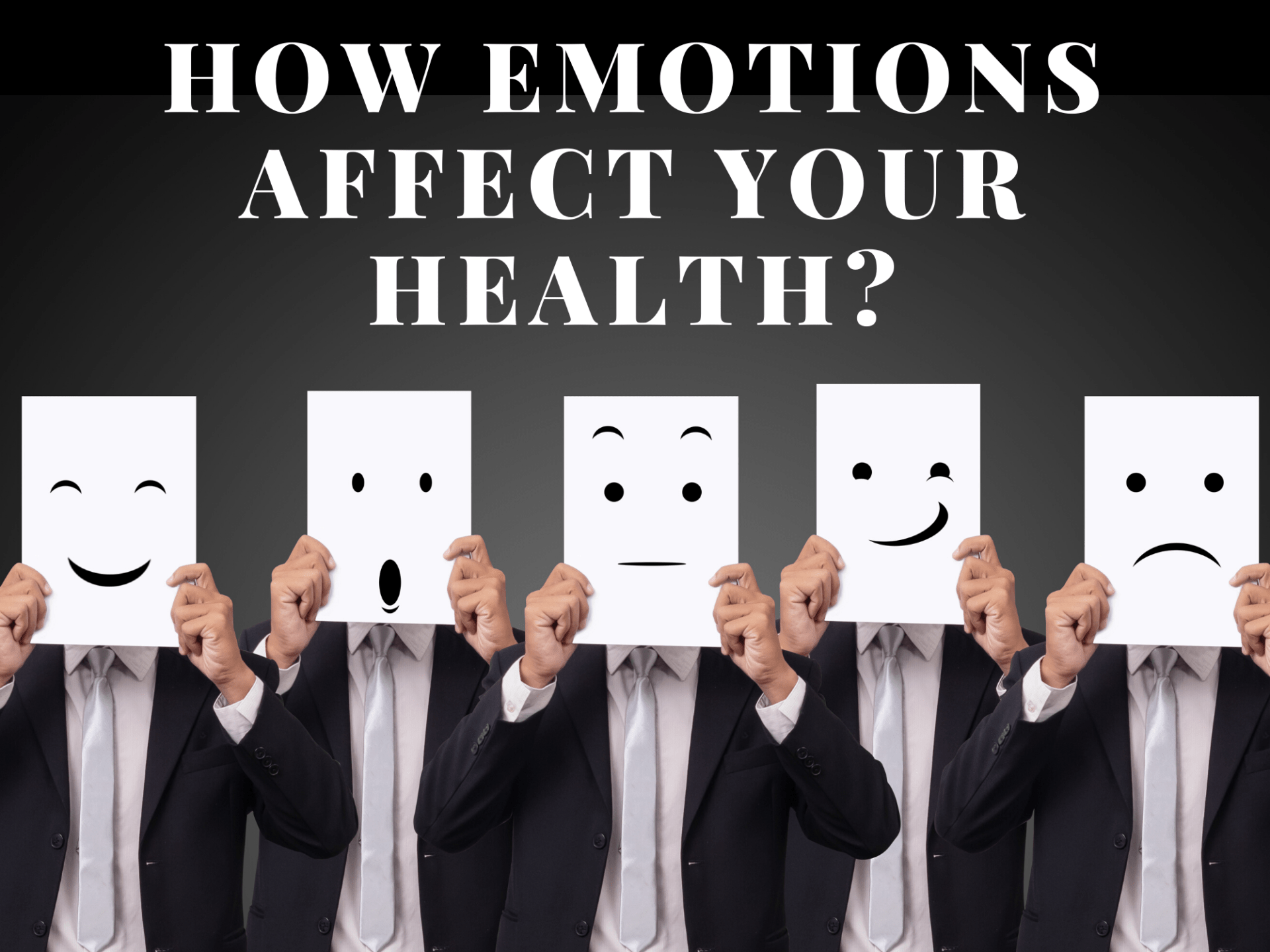In Chinese Medicine (CM), emotions play a huge factor in one’s well-being. There are seven basic emotions in CM: joy, anger, worry, pensiveness, grief, fear, and shock.
Normally, experiencing mild emotions will not cause disease. However, when the emotions become too severe and extreme, it will affect the physiological functions of the body, disturbing the balance, and eventually lead to diseases.
The Seven Emotions and Internal Organs
As I stated in the previous articles, the emotions have a close relationship with the internal organs. Each one of these emotions corresponds to a particular organ.
- Heart is related to Joy and Shock
- Liver is related to Anger
- Spleen is related to Pensiveness
- Lung is related to Grief and Worry
- Kidney is related to Fear
In Chinese Medicine, emotions have a material foundation, which is the Qi and Blood of the internal organs.
How The Seven Emotions Causes Diseases
Experiencing an extreme in one of those emotions will affect the well-being of the internal organs since that causes an abnormal flow of Qi and Blood within our bodies.
According to the “Yellow Emperor’s Classic of Internal Medicine”, “Anger damages the liver. Excessive joy damages the heart. Excessive pensiveness damages the spleen. Greif damages the lung. And fear damages the kidney.”
Emotions and internal organs affect each other both ways. Extreme emotions can impair internal organs. The status of internal organs can also affect your emotions. Therefore a failure of the internal organs can lead to an abnormal emotional state.
How The Seven Emotions Disrupt Qi Flow
Each of the seven emotions has a specific effect on the flow of Qi.
1. Joy
Sudden excessive joy can cause palpitations, insomnia, mental confusion and in serious cases, a heart attack.
2. Anger
Anger causes the Qi to flow upwards. Therefore angry people have symptoms such as flushing, headaches, redness in eyes, dry throat, etc.
3. Worry
Worry causes the obstruction of Qi thus the Qi stagnates. The stagnation of Qi will cause uncomfortable feeling in the chest, the tension in the shoulders, poor appetite, etc.
4. Pensiveness
When one is stressed, this usually leads to overthinking. Pensiveness causes the stagnation of the Qi resulting in depression, anxiety, poor appetite, etc.
5. Greif
Greif causes the consumption of qi. Thus causes breathlessness, oppression in the chest, tiredness, and depression.
6. Fear
Fear causes the Qi to flow downward. Therefore in extreme fear, one might experience an incontinence of urine.
7. Shock
Shock is caused by a sudden external stimulus. Shock causes palpitations and rapid pulse.
Hope after reading this article, you gain a better understanding of how emotions can affect your well-being. In fact, according to Chinese Medicine, most of the diseases start from an emotional imbalance. In the future I will write articles about “How to balance the emotions.” Comment below, if you are interested.
Next up, I will be talking about “Diets” in Chinese Medicine. Stay-tuned!


Leave a Reply